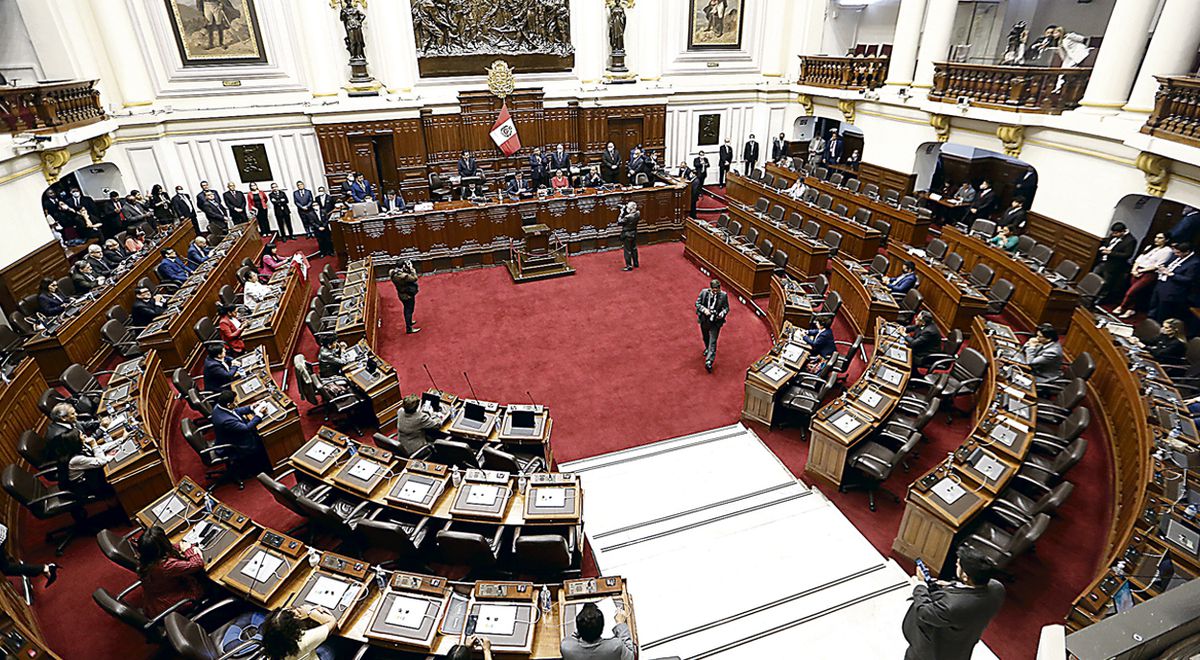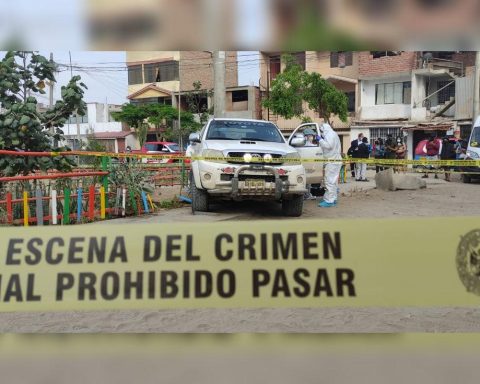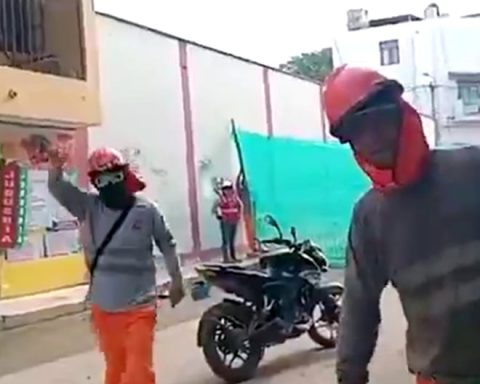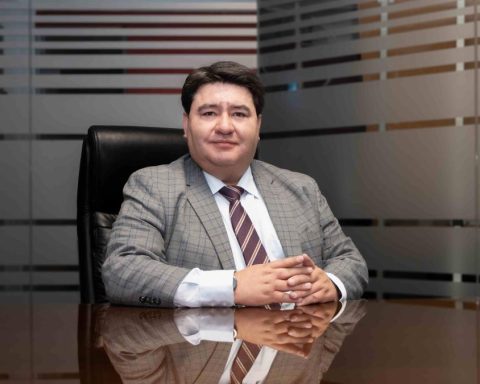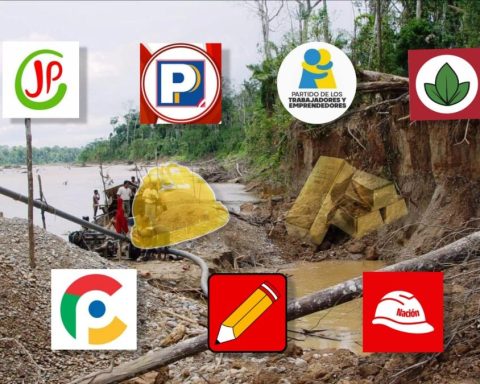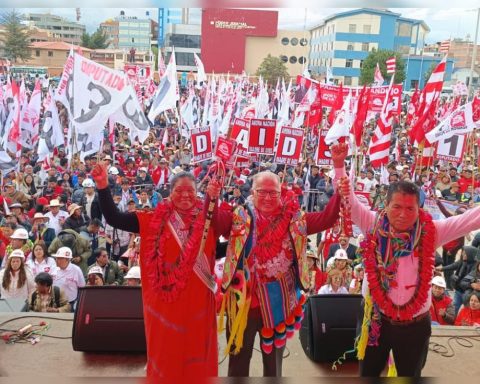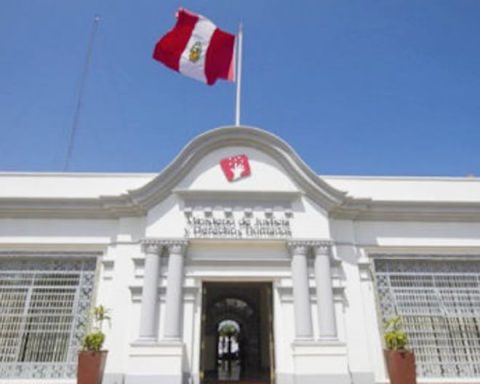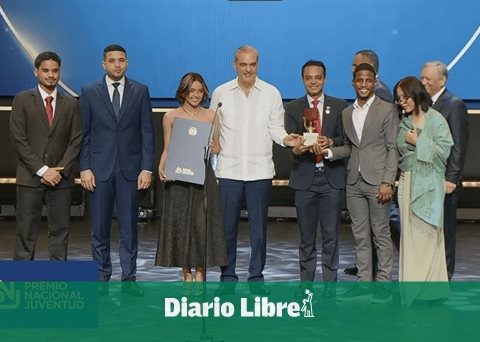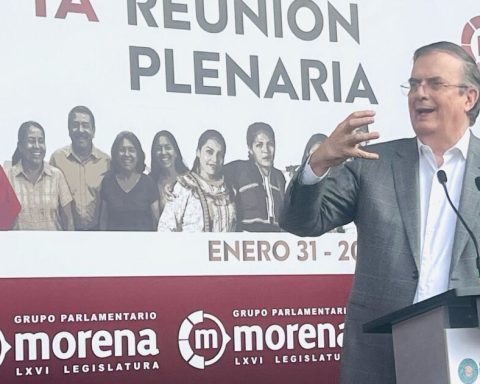The Executive Branch and the Congress of the Republic for the moment maintain the logic of advancing the elections to April 2024, and this month of January will be key to giving clear signals to the country, regarding the much-vouted previous political reforms to improve the system and the representation.
For the moment, the Executive has taken the initiative of gathering proposals from different actors, specialists and civil society organizations to develop a package of proposals. The process is led by the Justice sector, with Minister José Tello Alfaro, a specialist in the field of electoral law.
Palacio sources informed that the Ministry of Justice will develop in January a consolidated proposal to be submitted to the Council of Ministers. They will also enable a platform to receive contributions from the public.
The government of Dina Boluarte, they reported, has not closed on thematic axes. What they do warn is that the urgency, in this first stage, would be the proposals that require constitutional reform, since a first approval is needed in the extended legislature that expires on January 31.
Meanwhile, another group of reforms would be promoted for approval until July, according to the head of Justice, José Tello, in RPP. To this end, the electoral intangibility would be modified until said month.
Congress agenda
In Parliament, meanwhile, reform proposals have already emerged that allow a first look at what their priorities are: bicamerality, re-election of congressmen or impediment to the nomination of sentenced or rehabilitated people.
Bicamerality is one of the main priorities. In this regard, Congress will have to decide this month what to do with the already approved constitutional reform opinion on bicamerality promoted by Patricia Juárez, with various contraband items.
As for re-election, it is an issue on which some blocks such as Avanza País emphasize. Adriana Tudela has just presented a new constitutional reform project that contemplates this figure, with the addition that the congressional mandate would last only two and a half years.
Regarding the congressional mandate, there are also two reform projects that would enable the option of the resignation of parliamentarians.
Along with bicamerality and re-election, there is a block of reform projects to restrict the postulation of convicted or rehabilitated people, including cases of conviction for homicide.
This proposal has clearly emerged in the context of the eventual nomination of the man sentenced for murder and kidnapping Antauro Humala, leader of the so-called ethnocaceristas.
There is another Popular Action project to prevent the postulation of citizens who have been a party member for less than five years.
The absent proposal
At the moment neither the Congress nor the Executive have addressed the option of developing reforms to open participation to new parties. From Palacio they reported that the issue will be a matter of analysis, but there will be a stage of review of the proposals depending on whether they generate consensus or rejection.
If there is no change on this point, the 2024 general elections will be held mainly with the same parties and political actors responsible for the serious and prolonged crisis of recent years.
